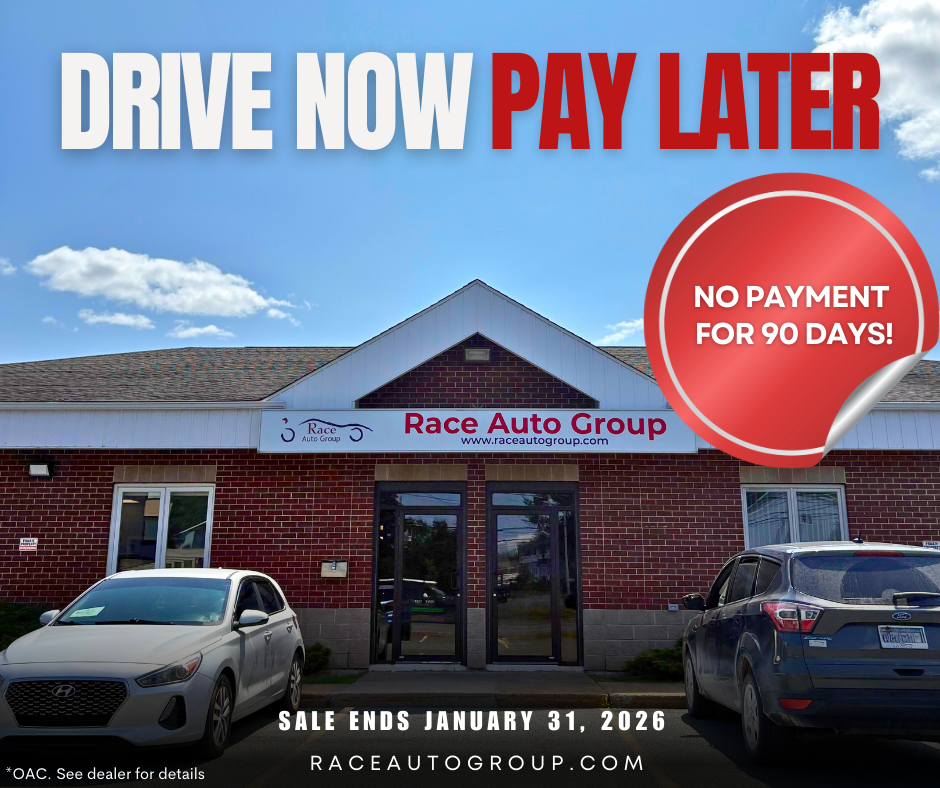Shopping for your next vehicle usually comes down to one major choice: car loans or car leases. Both can get you behind the wheel, but they work very differently when it comes to costs, ownership, and flexibility.
The smartest choice for your situation isn’t just about the lowest monthly payment; it comes down to which option fits your budget, your driving habits, and your long-term plans. Here’s a clear breakdown to help you decide.
Understanding Car Loans
A car loan is pretty straightforward. You borrow money from a lender to buy the vehicle, then pay it back over time with interest. Once the final payment is made, the car is yours.
Most standard car financing terms run from three to seven years. Payments are calculated based on the purchase price, your down payment, and the car loan’s interest rate. Also, making on-time payments to your loan can help rebuild your credit score.
Ownership has a lot of perks. You can drive as much as you like, customize the car to your taste, and keep it for as many years as you want. You also have the option to sell or trade it in at any time, putting its remaining value toward your next vehicle.
Understanding Car Leases
A car lease works more like a long-term rental. You pay a fixed monthly amount to use the vehicle for a set period, often two to four years. When the lease ends, you return the car to the dealership, or you can choose to buy it for a pre-set amount.
Leases usually come with mileage limits and require you to return the car in good condition. Staying within those terms can help you avoid extra charges.
One of the big draws of leasing is the ability to drive a newer model with a lower monthly payment compared to a loan for the same vehicle. This can make it easier to enjoy the latest features without a big financial commitment upfront.
Car Loan vs Car Lease: Pros and Cons
Here’s a simple way to look at the pros and cons of a car lease and a car loan:
Car Loan Pros
- You build equity and eventually own the vehicle.
- Unlimited mileage with no overage fees.
- Freedom to modify, sell, or trade in anytime.
Car Loan Cons
- Monthly payments are often higher than leasing.
- You’re responsible for repairs once the warranty expires.
- Depreciation can reduce the car’s resale value over time.
Car Lease Pros
- Lower monthly payments compared to financing the same model.
- Opportunity to upgrade to a newer car every few years.
- Often covered by the manufacturer warranty for the full lease term.
Car Lease Cons
- Mileage restrictions and possible wear-and-tear charges.
- No ownership at the end unless you choose to buy.
- Extra fees if you end the lease early.
Which Option Saves You More?
There’s no single answer to this question; it depends on how you define “saving.”
If you’re looking for smaller monthly payments and enjoy switching into a newer car often, leasing can feel lighter on the wallet in the short term. But if you keep your vehicle for many years after the loan is paid off, financing options for used cars generally cost less in the long run.
Mileage, resale value, and your personal driving needs all factor into the total cost. A well-maintained car purchased with a loan can be driven for years without monthly payments, making ownership a better financial move for those thinking long-term.
How Race Auto Group Can Help
At Race Auto Group, we simplify the process of comparing car loans and car leases so you can see the numbers side by side.
Our financing team works with multiple lenders to find competitive rates and flexible terms, and we can walk you through exactly how each option would look for the vehicle you have in mind.
Whether it’s financing a used car or setting up a lease, we make sure you have the details to make a confident, informed decision.
Ready to Compare Your Options?
The best way to decide on what works best for you is to see real figures. Start with a quick online financing application or stop by for an in-person visit. We’ll run the numbers together, explain your options, and help you make the right decision.
FAQs
Is leasing always cheaper than financing?
Not necessarily. Leasing can mean lower monthly payments, but financing can be more cost-effective over time if you keep the car for many years.
Does a car loan build equity?
Yes. Each payment reduces your loan balance and increases your ownership share until you fully own the vehicle.
What happens if I go over the mileage on a lease?
You’ll typically be charged a per-kilometre fee for any mileage above your lease limit. These rates are set in your lease agreement.
Do you have lease options for drivers with all credit types??
We work with a network of lenders, making it possible to secure lease terms that work for a variety of credit situations. We can help our customers finance used cars with bad credit to get them behind the wheel and improve their credit score at the same time.

